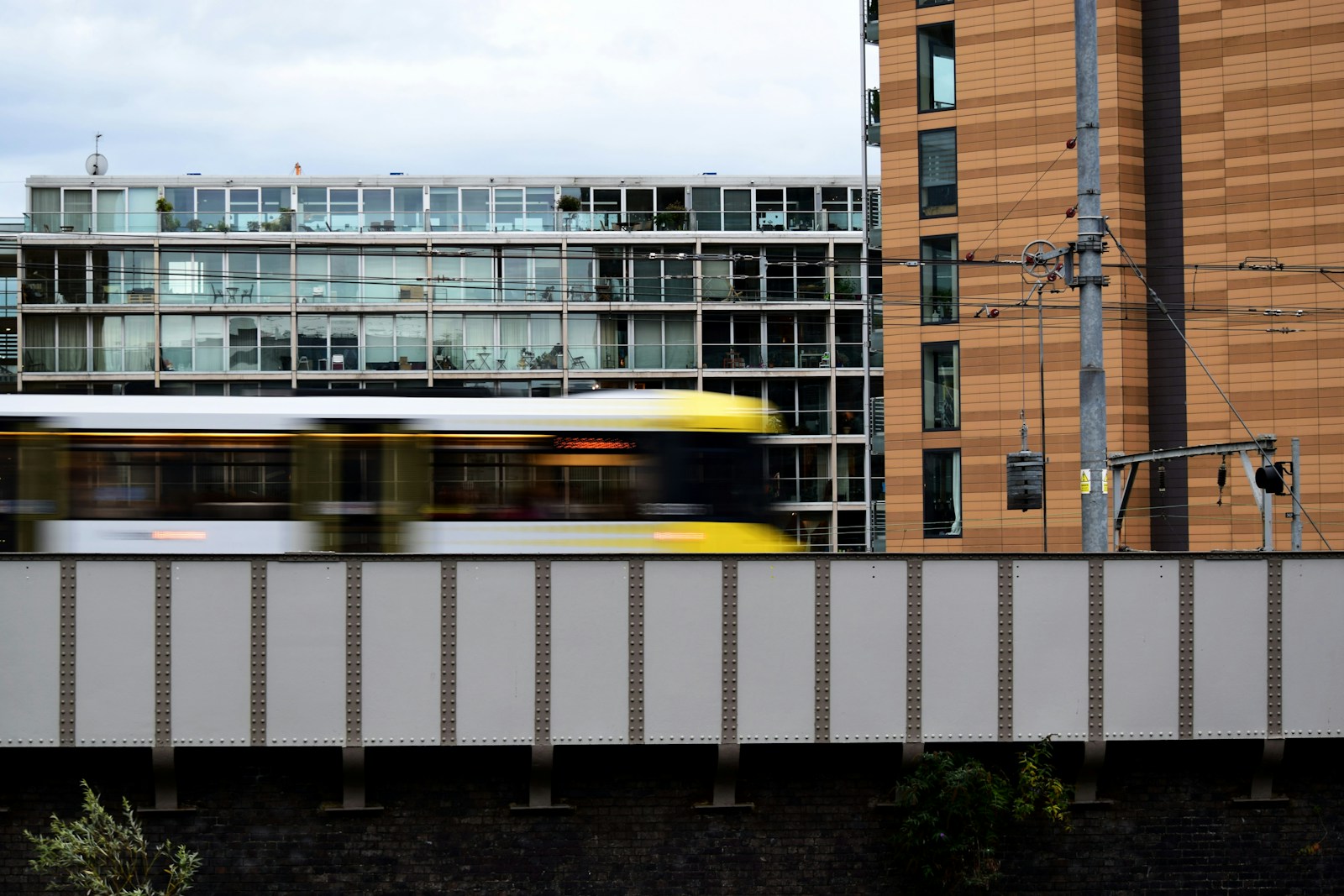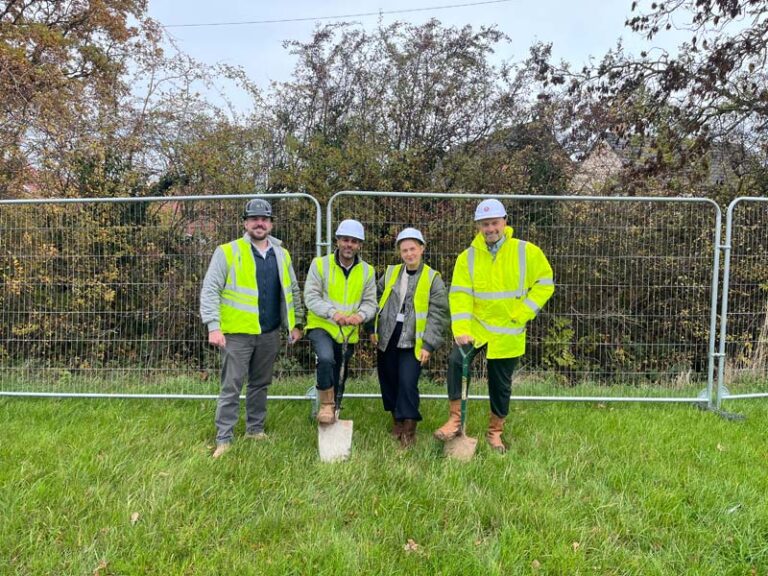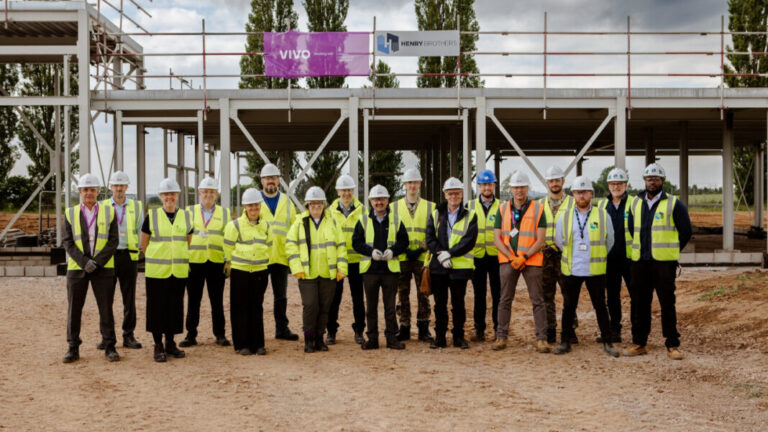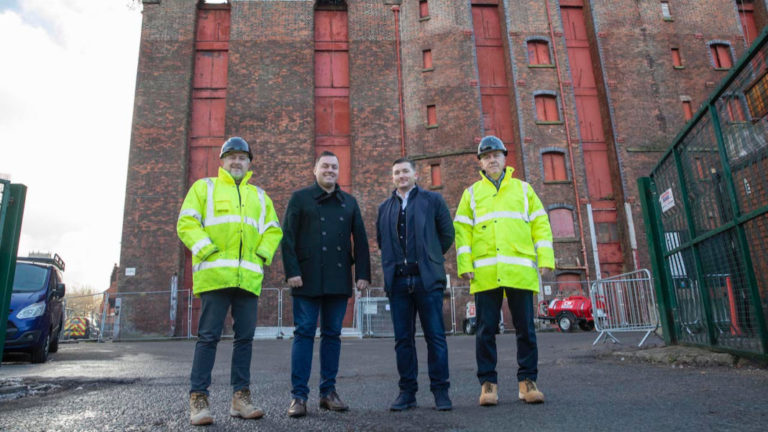£15.6bn Transport Investment Boosts Regional Economies in England

Chancellor Rachel Reeves’ announcement of a £15.6bn investment in transport infrastructure marks a pivotal moment for regional economies across England. The allocation aims to invigorate public transport networks in the Midlands, the North, and the West Country, addressing long-standing disparities and stimulating local economic growth.
The investment is set to transform the transport landscape with extensive plans for trams, trains, and buses. Greater Manchester will see a £2.5bn boost to extend its tram network to Stockport and enhance stops in Bury, Manchester, and Oldham. The West Midlands benefits with £2.4bn for service extensions from Birmingham city centre to the new sports quarter. In West Yorkshire, £2.1bn is allocated to lay the foundation for the Mass Transit programme by 2028, alongside new bus stations in Bradford and Wakefield.
The ripple effects of such infrastructural enhancements extend far beyond transport. By improving accessibility, these regions can expect a boost in local business opportunities, from retail and hospitality to technology and services. Enhanced connectivity encourages the movement of goods and people, vital for robust regional markets and attracting investment.
This substantial funding signals a significant policy shift from established practices codified in the Treasury’s Green Book. Historically criticised for favouring London and the south-east, its recalibration allows for more equitable distribution of resources, catalysing growth in underfunded areas. As such, Reeves’ strategic pivot promises a more balanced economic landscape throughout the UK.
This investment is not merely about addressing past underfunding but is a forward-looking catalyst designed to foster innovation-led growth. As local governments and businesses align to harness these opportunities, the impetus for technological advancements in transport systems and sustainable practices will be strong. This, in turn, could propel the UK towards a leading position in green transport initiatives.
However, the successful implementation of these projects will depend on meticulous planning and execution. Potential challenges include the managing of ongoing operational costs and ensuring that this new infrastructure remains sustainable and beneficial long-term. Cost efficiency and affordability of public transport will also be critical, as emphasised by other stakeholders keen on supporting hard-pressed families.
While initial funding provides for essential infrastructure, the broader impact will be contingent upon continued financial and policy support, potentially shaped by the outcomes of next week’s Spending Review.










